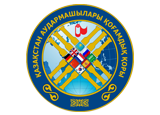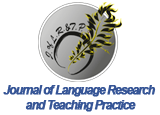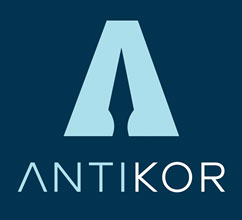The Sustainable Development Goals (SDGs) are a set of 17 interrelated goals developed in 2015 by the UN General Assembly as a "blueprint for achieving a better and more sustainable future for all."
These goals were named in the resolution of the General Assembly "The Agenda for the period up to 2030" and they replaced the Millennium Development Goals. The final document of the General Assembly "Transforming our World: The 2030 Agenda for Sustainable Development" contains 17 global goals and 169 relevant tasks.
The process of implementing and achieving the SDGs is constantly monitored by both UN representatives and the Government of the Republic of Kazakhstan. To date, Kazakhstan's monitoring system for achieving the SDGs includes 280 indicators, of which 205 are global and 75 are national indicators.
Kazakh Ablai Khan UIR&WL is a multidisciplinary educational institution recognized in the Kazakh higher school, specializing in the training of personnel of the humanitarian foreign language and international profile, having a seventy–year history of traditions, passes it on to its graduates from generation to generation. The University is proud of more than one generation of scientists, teachers and students who have made a worthy contribution to the development of science and education, culture and socio-political life of the state.
The development of integration processes in the field of education imposes new requirements on the quality of training of specialists who are competitive in the domestic and international labor markets. As a result, such a qualitative characteristic of university education as the relevance of acquired competencies, in other words, the competitiveness of the graduate, comes out in the first place.
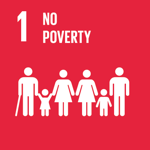 |
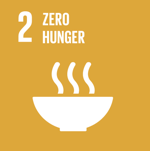 |
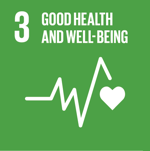 |
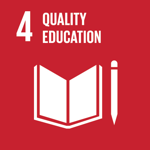 |
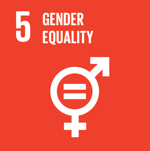 |
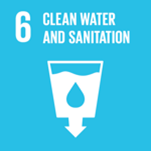 |
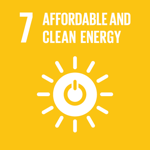 |
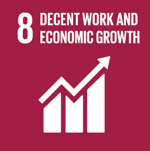 |
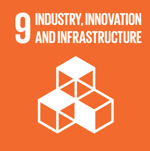 |
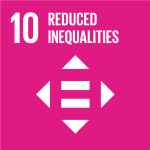 |
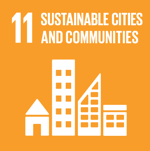 |
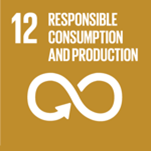 |
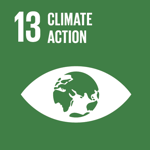 |
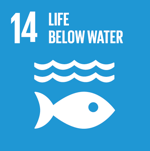 |
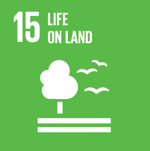 |
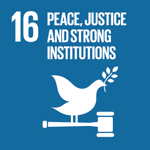 |
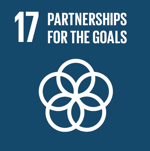 |
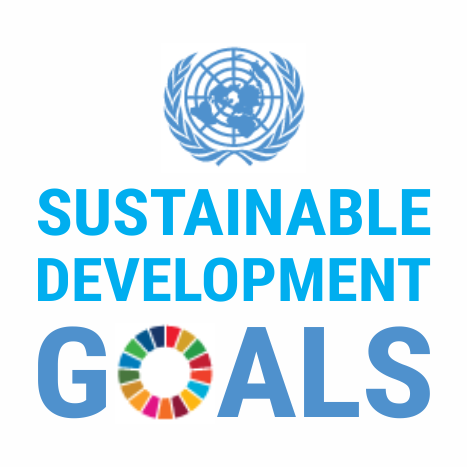 |


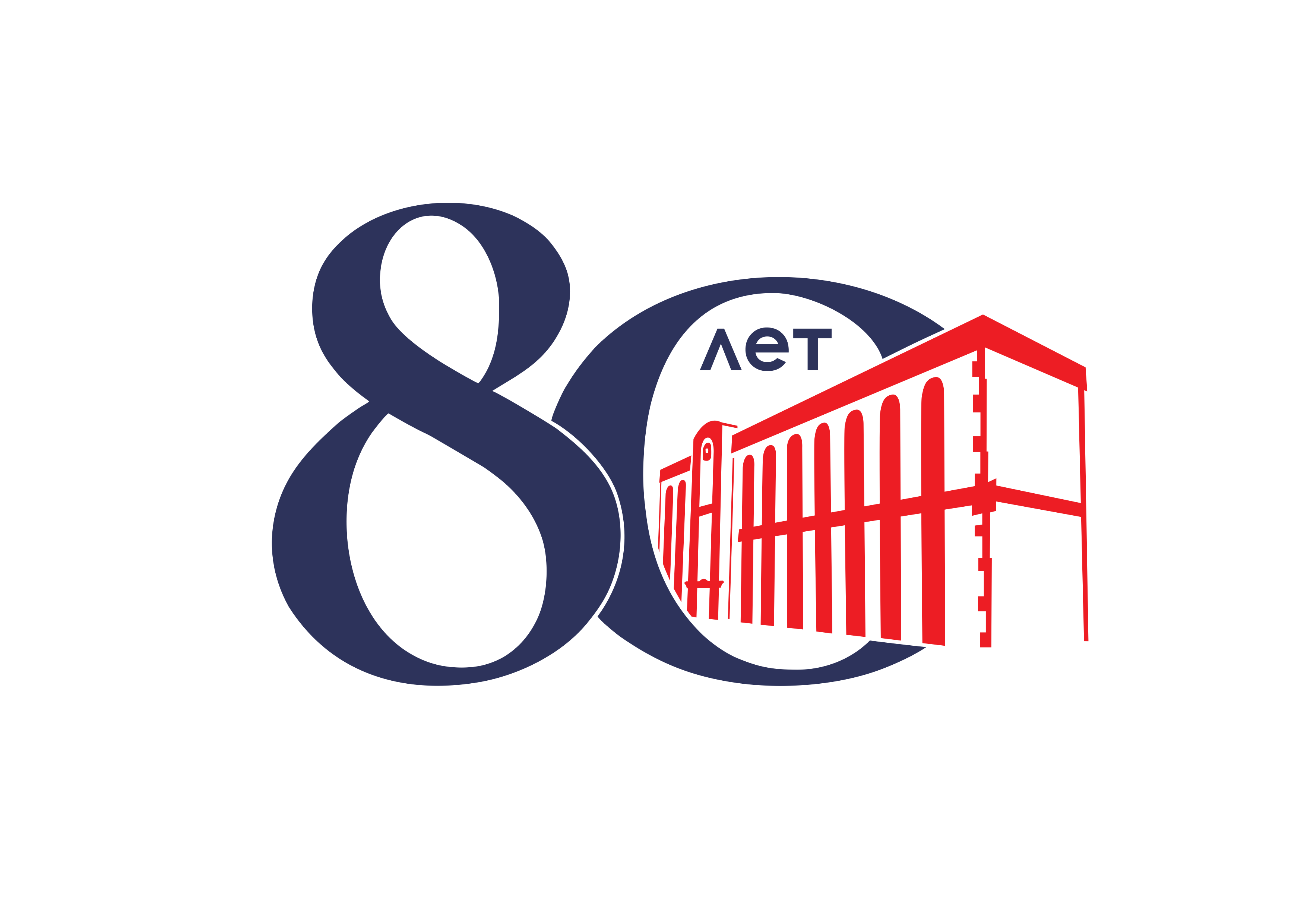

.png)





